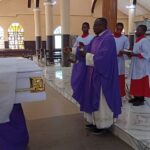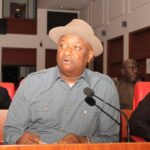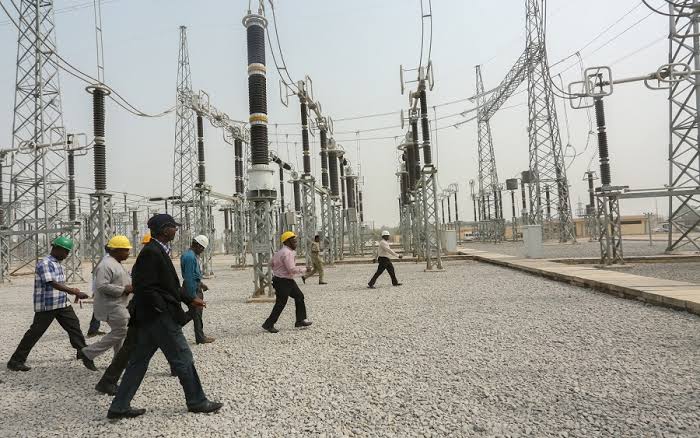Eleven electricity distribution companies (Disco) have filed an application to the Nigerian Electricity Regulatory Commission (NERC) seeking for rate review with the commission.
A document released by the regulator on Friday titled: “Notice of Application for Rate Review By the Electricity Distribution Companies” said the request for rate review is premised on the need to incorporate changes in macroeconomic parameters and other factors affecting the quality of service, operations and sustainability of the companies.
“Pursuant to Section 116 (1) and 2(a&b) of the Electricity Act 2023 and other extant rules, the eleven (11) successor electricity distribution companies (“DisCos”) have filed an application for rate review with the Nigerian Electricity Regulatory Commission (“NERC” or the “Commission”).
“The request for rate review is premised on the need to incorporate changes in macroeconomic parameters and other factors affecting the quality of service, operations and sustainability of the companies,” the regulator said.
Accordingly, the commission invited the general public for comments on the rate review applications by the distribution licensees.
“Interested stakeholders are advised to review and take into consideration the excerpts of the Rate Review Applications filed with the Commission by the respective licensees. The applications can be accessed on the Commission’s website at www.nerc.gov.ng,” it said.
“As part of the rule-making process and in the exercise of the powers conferred by the Electricity Act, the Commission shall conduct a Rate Case Hearing on the applications prior to making a ruling.
“Any person wishing to participate in the proceedings as an intervenor should forward his/her application to [email protected] before the close of business on 20th July 2023.”
It listed the request to participate to include an explanation of the person’s interest in the proceeding and how the party would be affected by the outcome of the application; and a description of the party’s concerns, observations, comments and/or objections to the application.
It said all members of the public and stakeholders are encouraged to send their comments or representations before the close of business on 20 July to the Chairman/CEO of the Nigerian Electricity Regulatory Commission.
On 25 June, Daily Trust reported that DisCos, in a note to their customers, had informed of an increase in electricity tariff effective 1 July.
The DisCos statement suggested that the tariff increase is a response to the floating of the naira and aims to ensure that the electricity industry remains financially viable and sustainable in the face of currency challenges.
Under the MYTO 2022 guidelines, the previously set exchange rate of N441/1 dollar may now be revised to approximately N750/1 dollar, impacting the tariffs associated with your electricity consumption.
“For customers within bands B and C, with supply hours ranging from 12 to 16 per day, the new base tariff is expected to be N100 per kWh while Bands A with (20 hours and above) and B (16 to 20 hours) will experience comparatively higher tariffs.
“For customers with a prepaid meter, we encourage you to consider purchasing bulk energy units before the end of this month, as this will allow you to take advantage of the current rates and potentially make savings before the new tariffs come into effect. For those on post-paid (estimated) billing, a significant increment is imminent in your monthly billing, starting from August,” Daily Trust quoted the AEDC statement.
An official of NERC who requested not to be named however confirmed that the tariff is being reviewed, and the body will not make any official statement until there is a resolution on the new rate.
“The process is ongoing and cannot be communicated until completed. Whatever is being publicised now are mere speculations because you don’t speak mid-way through a process; the review could turn out to be a reduction in tariff or increment, no one knows for sure,” the official said.
The review has, however, been trailed by criticisms on the part of professional bodies and members of the public.
The Nigeria Labour Congress (NLC) recently warned against the planned increase, stating that the massive rise will not go down well for Nigerians.












